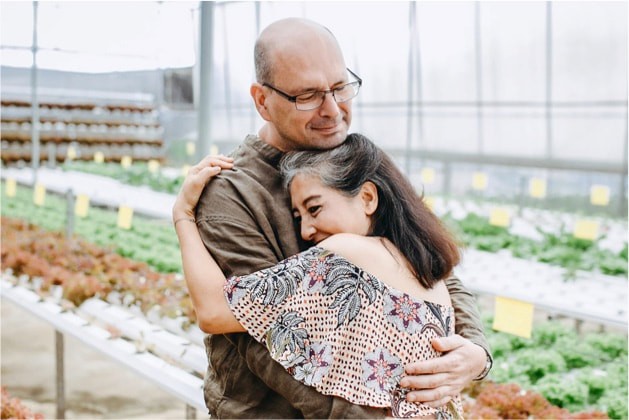Forgiveness: Definition, Tips, & How to Do ItDiscover what forgiveness means, tips and techniques for forgiving others, and how to ask for forgiveness.
*This page may include affiliate links; that means we earn from qualifying purchases of products.
Before we get started, we thought you might be interested in taking our well-being quiz to get your free personalized report. Or, if you're a well-being entrepreneur or coach, download our Wellness Business Growth eBook to get expert tips, tools, and resources to grow your business fast.
Are You a Therapist, Coach, or Wellness Entrepreneur?
Grab Our Free eBook to Learn How to
|
Are You a Therapist, Coach, or Wellness Entrepreneur?
Grab Our Free eBook to Learn How to Grow Your Wellness Business Fast!
|
Terms, Privacy & Affiliate Disclosure | Contact | FAQs
* The Berkeley Well-Being Institute. LLC is not affiliated with UC Berkeley.
Copyright © 2024, The Berkeley Well-Being Institute, LLC
* The Berkeley Well-Being Institute. LLC is not affiliated with UC Berkeley.
Copyright © 2024, The Berkeley Well-Being Institute, LLC




